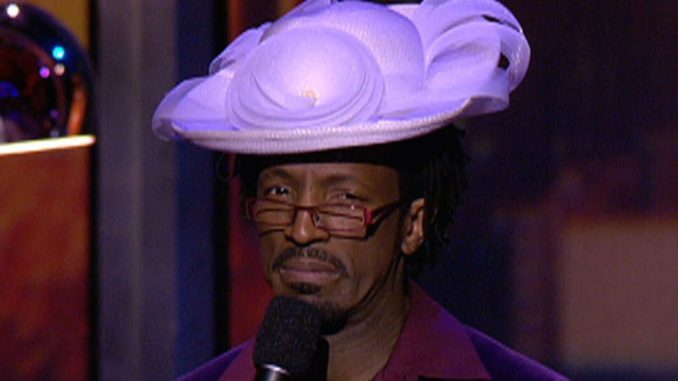
The growing attempt by churches to engender a system that attracts and entertains people is happening at a time when the world needs the church to step up with the message of healing, grace, mercy, reconciliation and love all over the world.
It is obvious that the days when church services and programmes were organised for spiritual edification of believers are gone. These days it takes more than music, prayers and sermon to get Christians excited about going to church. Stand-up comedy has been added in a bid to, informally, entertain the congregants before they are ministered to. The aim, as hypothesised by its advocates, is “to make people laugh and forget their problems, even if it is just for a while”.
The rise of stand-up comedy in Church has attracted and made many laugh in church. Be that as it may, the church seems to have gone a little too far in its or effort or experiment to spread the gospel or effort to reach the unchurched.
To be clear, there is no biblical provision that frowns against humour in the pulpit. In fact, humour can help preachers break the ice and connect with their congregations as they pass message across. Historically, many preachers include funny stories and examples to lighten the mood for effective communication with their audience.
In addition, I don’t even think there is any rule against telling jokes in the church. This piece is not criticising the gifted comedians in the church. However, it is getting harder not to be concerned by some of the jokes comedians crack about sacred topics, biblical heroes and ministers of the gospel from the pulpits during events that are supposed to be a period for sober reflection and divine encounter.
In reaction to criticism of stand-up comedy in the church, many have been quick to bring up the subject of drama in church. They argue that there is no provision for drama in the scriptures, and that if stand-up comedy is to be pushed out of the pulpit, drama should face the same faith. However, like me, many will differ with this viewpoint. As a stage director and script writer back in my school days, I recall that we used drama to entertain and educate the audience with godly messages.
I love to laugh and enjoy comedy. I have a few all-time favourite comedy TV shows that I watch repeatedly. And I enjoy going to comedy shows. But I can’t help but wonder about the future spiritual well-being of churches when comedy, instead of Christ, is now considered a cure for the everyday challenges or stress people are facing.
If we continue to centre programmes around comedy, we might as well continue to give temporary solutions to worshippers and forget God’s permanent solution to their challenges.
Many backers of the trend maintain that standup comedy was brought in to make the church more lively and funny. That is debatable. The trend spiked when the featuring of popular comedians and celebrities, no doubt, began to make church halls fill to capacity.
Given that relatively few people pay attention to the origin and purpose of church service, the odds are very high that only a handful of Christians care less about any direction churches take. It comes, therefore, as a deep embarrassment that no one seems to care that the watching world is laughing at us, not with us.
We all have divergent emotions. Some tend to enjoy short humour, cracked in the middle of a message from the pulpit, while others laugh at every joke from the pulpit irrespective of who or what the subject of the joke is. Nonetheless, there are several things we might find funny but which are not pleasing to God.
The growing attempt by churches to engender a system that attracts and entertains people is happening at a time when the world needs the church to step up with the message of healing, grace, mercy, reconciliation and love all over the world.
If we continue to centre programmes around comedy, we might as well continue to give temporary solutions to worshippers and forget God’s permanent solution to their challenges.
In all, the church should exercise great care and not allow the voracious and self-interested yearning to be a mega church dictate for her. Undoubtedly, humour has its place in church. But there are things you can joke about and there some that should be left on the altar of sanctity as a mark of respect and honour to God’s name and His emissaries.
David Dimas, a author, blogger and inspirational speaker, writes from Laurel, Maryland, U.S.A. Email: ddimas01@yahoo.com; Twitter: @dimas4real.
END

Be the first to comment